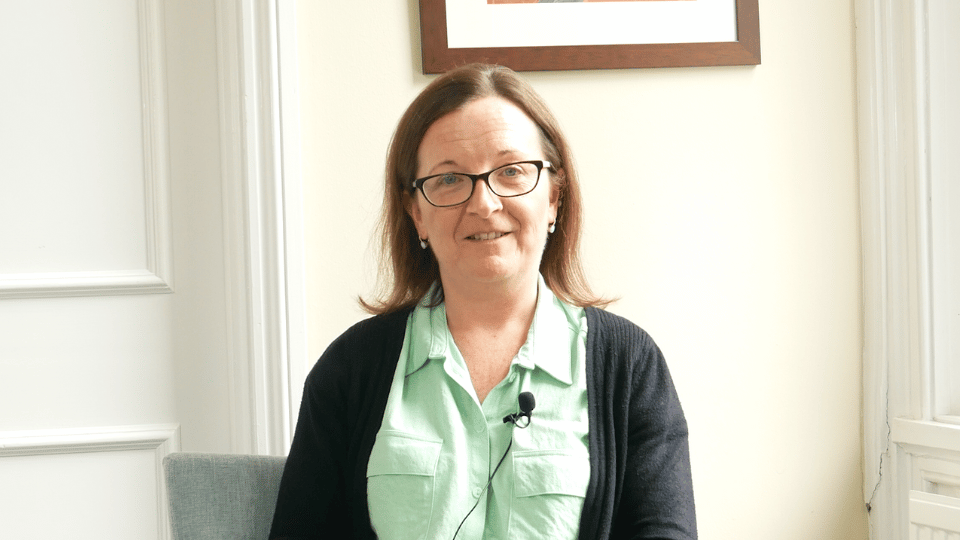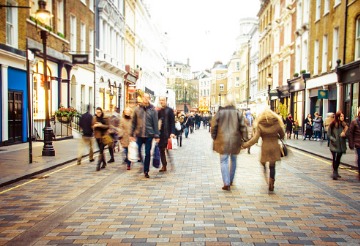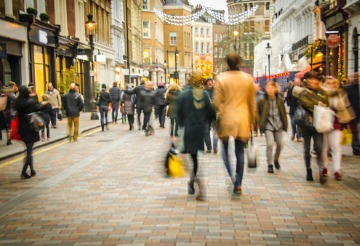Treatment for shopping addiction
Treatment for shopping addiction can look different depending on your individual needs, the intensity of your condition, and any pre-existing dual-diagnosis like co-occuring mental health issues.
What treatment might look like for you, it will likely include therapy, medication, or a combination of the two.
Therapy and medication treatment
Depending on your treatment plan, there are a wide range of therapeutic and medication based treatment options that can help relieve you of your compulsion to shop.
Cognitive behavioural therapy (CBT) - the action-oriented approach of CBT involves working with your therapist to better understand how shopping addiction has impacted your life, and how your emotions, thoughts and behaviours are contributing towards the urge to shop excessively. This can also be conducted in a group setting, where other people going through the same issues as you provide a reassuring support network as you learn how to control compulsive urges.
Taking part in CBT sessions will enable you to learn more positive coping techniques and alternative methods for receiving the same pleasurable effects that shopping gives you, without being detrimental to your everyday life.
Dialectical behaviour therapy (DBT) - DBT aims to help you manage compulsive urges to shop by incorporating a mixture of group-based skills training and individual therapy. It involves mindfulness and emotional regulation as methods you can use to resist the temptation to shop.
Medication - as shopping addiction can involve co-occurring mental health conditions, such as anxiety or depression, you might need medication to relieve the symptoms of these conditions first and foremost, which can have a beneficial effect on your compulsive shopping behaviours.
If another mental health condition is causing you to shop excessively as a coping mechanism, then you may be prescribed antidepressants or anti-anxiety medication.
Treatment settings - treatment for shopping addiction can take place in a number of different formats. Inpatient or residential-based treatments might be appropriate for those in need of the most intense treatment, done in a purpose-built environment designed for recovery.
For others, it may be more appropriate to receive treatment on a day-care, outpatient, or online basis. These options allow you to maintain other responsibilities in your life, such as work and family life, while working towards recovery.





